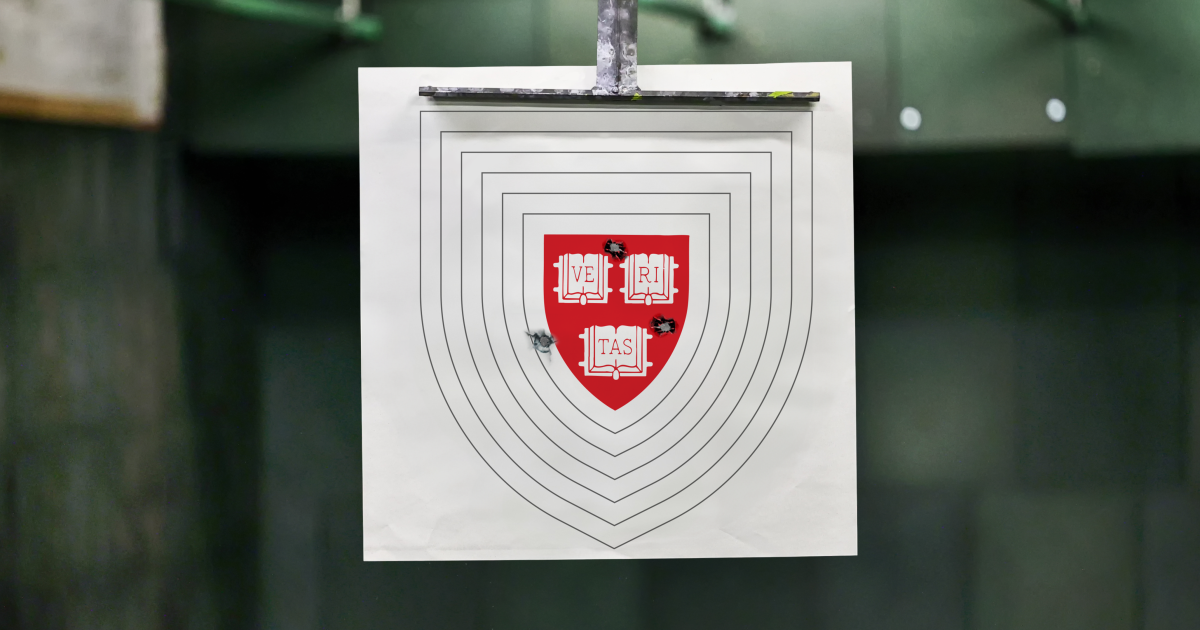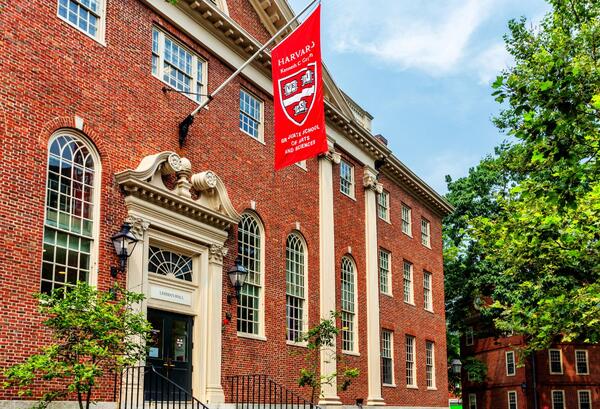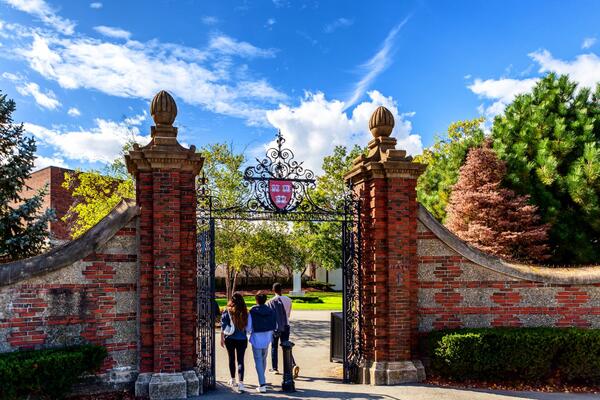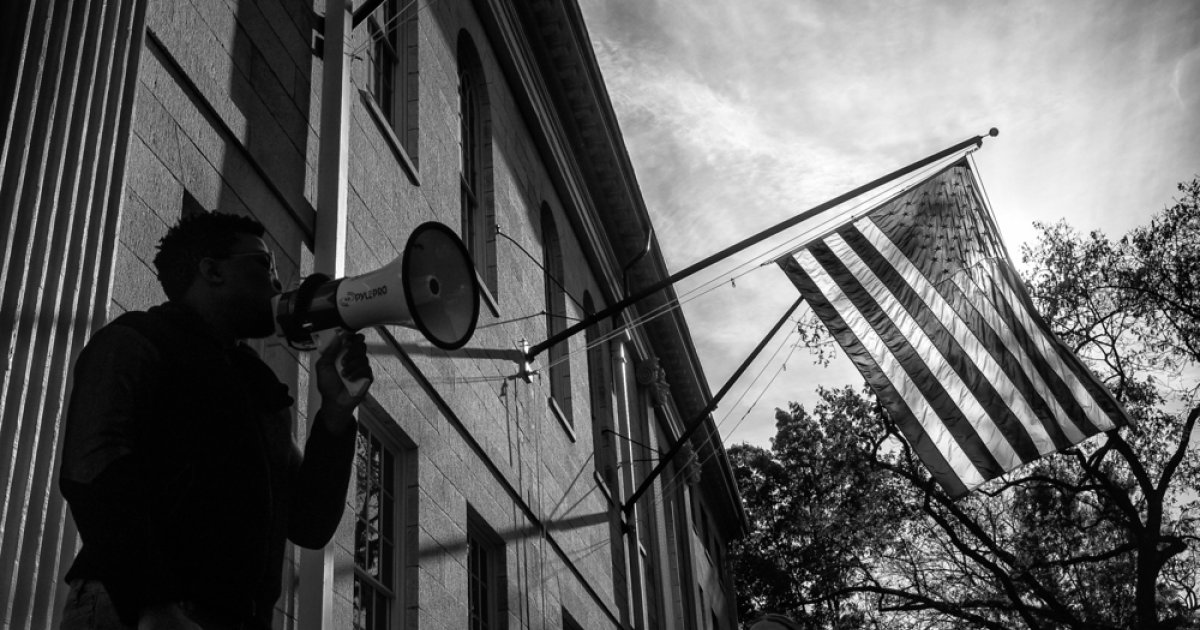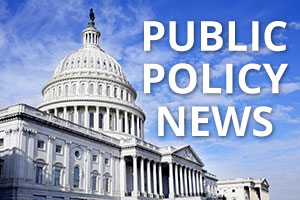Greetings from Cambridge! No, not that one.
This is Cambridge, Massachusetts, home of Harvard University. Harvard is one of the world’s great universities; it’s the oldest university in the United States of America; and it is currently the target of attempted coercion by the executive of the USA. There’s quite a story to tell!
April showers bring May flowers
In the 1630s, the northeast of what would become the USA was a series of colonies from Britain: parties of settlers had landed, established small towns, fought and traded with the people who were already there (this was no terra incognita), and either died out or survived. The colonies were not independent states: they were British, and ultimately ruled from Britain. But local government was needed, and in the case of the Massachusetts Bay colony this was via the charter obtained by the Massachusetts Bay Company.
The General Court of Massachusetts was the local government, and in 1636 it allocated £400 to establish a college to be located in Newetowne. In 1638, Newetowne was renamed Cambridge; this was coincident with a bequest by John Harvard, a graduate of the University of Cambridge in England, who left the college half of his estate, and his library of 400 books.
John Harvard was born in Southwark in 1607; he studied at Emmanuel College, Cambridge and gained a BA in 1632, and an MA in 1635. He moved to the Massachusetts colony in 1637 and was a puritan preacher, he died in 1638. The value of his estate was £1700, worth about 300,000 today. And the college got half of that. Not a huge amount, but enough to get the college going; and it was named for him in commemoration.
![]()
Here’s two fun facts: the statue of Harvard at Harvard says on its plinth that he was the founder. Not true. Also, it isn’t an image of Harvard, but of an 1884 student who was descended from an early president of the university.
The first students graduated in 1642. In 1650 the college was granted a charter – issued by the General Court, not the British monarch, for by 1650 Britain was temporarily a commonwealth not a monarchy. The charter created the Harvard Corporation, being the president and the fellows of Harvard College; and it is this corporation which continues to this day.
Harvard College continued to grow and develop, as successful colleges do. Its curriculum was modelled on the Cambridge liberal arts approach; its theology was Puritan. It enrolled a native American student, John Sassemon, in 1653. When serving as interpreter to Metacom, the Wampanoag chief in 1675, he was murdered as an English informant, sparking the worst of the many wars between settlers and existing populations in New England.
Independence day
The late eighteenth century was momentous in America. Eight Harvard graduates (John Hancock, Samuel Adams, John Adams, Robert Treat Paine, Elbridge Gerry, William Ellery, William Williams, and William Hooper) signed the declaration of independence in 1776.
In 1780, when Massachusetts as a state gained a constitution, it granted to Harvard the title of university. In 1781 a chapter of Phi Beta Kappa opened at Harvard – it is the oldest continually running chapter of the society. And in 1782 it opened a medical school – which, interestingly, the university’s own history regards as the start of it being a proper university.
A side note on Phi Beta Kappa. This described itself as an academic honour society; such societies also might be known as fraternities. Frat houses cause no end of trouble on some American university campuses, as well as providing a location for some sometimes dubious comedy.
You may recall in my blog on Purdue University that one of its presidents resigned having failed to ban fraternities from campus. There’s loads of them – the Wikipedia entry has too many for me to count – and there are accrediting bodies. I may have to find a postcard one day…
Football crazy
In the nineteenth century Harvard continued to grow, adding schools of divinity and law in the first couple of decades, a science school in the 1850s, a dental school in the 1860s, and a graduate school in 1872. In 1852 the first intercollegiate boat race – Harvard versus Yale – took place on Lake Winnipesaukee. And in 1875 the first intercollegiate football match (gridiron, not association, union or league) took place. Harvard won.
Let’s at this point note Tom Lehrer, mathematician, satirist, Harvard alumnus and academic, who I regard as one of Harvard’s finest. An early song of his, Fight fiercely, Harvard, satirizes the football fight song. And the YouTube video linked above has some fabulous footage of Harvard v Yale games through the ages.
Lehrer also wrote Bright College Days, a satire of college songs. Which includes the wonderful line, “ivy-covered professors, in ivy-covered halls”. A great Lehrer quote: “political satire became obsolete when Henry Kissinger was awarded the Nobel peace prize.” And finally, Lehrer in 2022 gave all his songs to the public, making them available without copyright on a website: well done, sir.
Establishment
Harvard was by now a firm fixture in the US establishment. Eight US Presidents have been educated at Harvard (as was the most recent Canadian Prime Minister, Mark Carney). In 1886, at its 250th anniversary celebrations, President Grover Cleveland, not an alumnus, was in attendance.
In 1908 the Harvard Business School opened, the first in the country restricting its intake to graduates. More schools were established; the Harvard University Press opened in 1913; the first Harvard Nobel laureate was crowned in 1914 (Theodore Richards, for determination of atomic weights).
![]()
In 1947 General George C Marshall (pictured, when he himself was a student at the Virginia equivalent of Colonel Oates’ miliary academy), then Secretary of State, received an honorary degree. He used his speech to announce the Marshall Plan, via which the US supported the rebuilding of post-war Europe. To be fair this knocks most graduation speeches I have heard into a cocked hat.
Opening the door a little wider…
It would be fair to characterise Harvard as not having been, historically, at the forefront of change. One example is women’s education.
Harvard was, like (I suspect but can’t demonstrate) nearly all universities previously, restricted to men only. In 1879 Arthur Gilman, a banker, and his wife Stella Scott Gilman, wished their daughter to have a university education. Harvard would not admit women, so they persuaded the president of Harvard to allow them to employ Harvard academics, part-time, to deliver courses to women in what became known as the Harvard Annex.
They had hoped that Harvard might relax its stance and accept women to study for degrees, but the attitude of the university was summed up in 1869 by its President, Charles Eliot, who in his inaugural address said:
The world knows next to nothing about the capacities of the female sex. Only after generations of civil freedom and social equality will it be possible to obtain the data necessary for an adequate discussion of woman’s natural tendencies, tastes, and capabilities…It is not the business of the University to decide this mooted point.
And this in 1888 from Eliot to a potential new faculty member:
There is no obligation to teach at The Annex. Those professors who on general grounds take an interest in the education of women…feel some obligation but there are many professors who think it their duty NOT to teach there, in which opinion some of the Corporation and Overseers agree.
Nevertheless, the Harvard Annex thrived, with increasing numbers of women wishing to study there. In 1894 a compromise was reached: the annex became a degree-awarding college – Radcliffe College – with Harvard staff teaching and guaranteeing standards.
In the 1930s a subsequent Harvard President – Lawrence Lowell – felt that Radcliffe was a distraction to Harvard’s academics, and a limit was placed on the number of students who could be admitted to Radcliffe: 750 undergraduates in total, 250 graduate students. These limits stayed in place until 1979, when Radcliffe was incorporated into Harvard, which finally became co-educational.
It wasn’t only women with which Harvard, historically, had a problem. In the 1923, Lowell had sought to put a cap on the proportion of Jewish students at Harvard. He was unsuccessful. Harvard presidents don’t always get what they want.
Lowell also enforced racial segregation where he could. In 1921 he refused to allow black students to reside in the university’s dormitories. Writing to the father of one such student, he said:
We owe to the colored man the same opportunities for education that we do to the white man, but we do not owe to him to force him and the white into social relations that are not, or may not be, mutually congenial.
Do the right thing
Faced with examples like these, you might be forgiven for thinking Harvard would always behave badly where it could. But they are currently taking a stand for academic autonomy.
Threatened with withdrawal of funding and tax exempt status, the university has refused to accede to the US government’s demands which are, frankly, a full-on assault on academic autonomy. Here’s the letter of 11 April sent to the university; here’s the university’s response.
It is worth taking a minute to read the demands made of Harvard. They relate to student discipline; the appointment and employment of faculty; the content of programmes; the admission of students. The US government cavilled that the letter was sent in error (and if you believe that I’d like to talk to you about a bridge I have for sale) but its my view that where a country’s government threatens universities, that country is in trouble.
Harvard has an endowment of over $50 billion, so it has the financial resources to cushion the significant blow. But it didn’t have to resist, and we should all be glad that it is doing so.
Missed opportunities
With such a big university, such a famous university and such an old university, there’s a stack of things which I haven’t been able to write about. Another time, maybe.
For now, here’s a jigsaw of the card, which was sent in November 1907 to Miss Adeline Tower at Rutgers Prep School, New Jersey. The message on the front – to save you straining you eyes – reads:
Dear Ade: how are you? Eliza came home alright. I missed her very much. Hope to see you Xmas. Love Grandma

